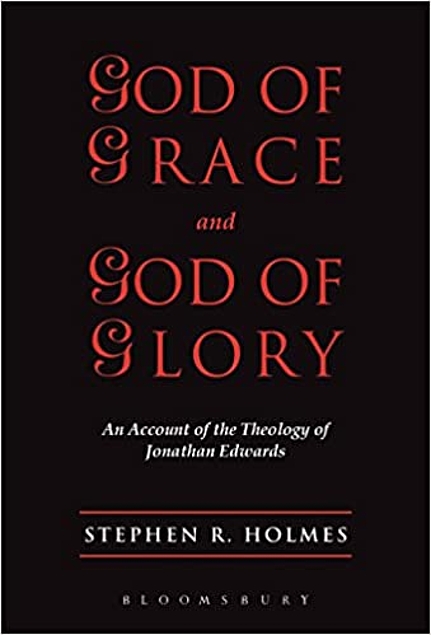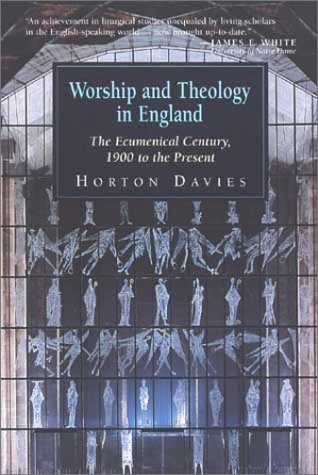
The Pulpit and the Christian Calendar 2 (Pulpit & the Christian Calendar) (Used Copy)
RRP: £1.95
Loading...
Barcode:
ISBN: 9780801067228- Description
- Additional information
- Reviews (0)
Description
”Keynes, the Keynesians and Monetarism is an intriguing miscellaneous of essays by one of Britain”s leading monetarist economists in the 1980s and in the 1990s. The book indeed brings together the main academic papers written by the author revising and up-to-dating the previous collection titled, Reflections on Monetarism, with the new papers published in the first years of 2000. The book by this “advocate” of monetarism is very often appealing and provocative, covering topics that are fundamental to macroeconomic thinking and policy-making. . . certainly appealing for macroeconomists and researchers. . .” Lino Sau, History of Economic Ideas ”In the context of the current economic climate, this volume provides an excellent opportunity for reappraising the arguments on both sides of the debate. . . The importance of this volume is that it provides the interested reader with an excellent summary of the monetarist position prior to the current crisis.” Economic Outlook and Business Review ”Tim Congdon has been Britain”s leading monetarist for about three decades. . . He has a sharp eye for statistics, for history, for the twists and flows of intellectual fads, and for the political arena where debate hardens suddenly into the stone of decision. He is subtle, practical, bellicose and highly articulate. This volume is vintage Congdon in every sense.” Peter Sinclair, The Business Economist ”Tim Congdon”s book revisits the intellectual battlefields of British monetary theory and policy. A doughty advocate of monetarism, he is stimulating, controversial and entertaining.” Charles Goodhart, London School of Economics and Political Science, UK ”Whether rescuing Keynes from the “Keynesians” or finding support in his earlier works for a distinctly British version of Monetarism, Tim Congdon writes with engaging and provocative enthusiasm. This is a timely collection too, coming from a long-standing exponent of ideas that policy makers are once again beginning to take seriously. It deserves the careful attention of anyone interested in British monetary policy.” David Laidler, University of Western Ontario, Canada ”As with all Tim Congdon”s writing, beautifully written and vigorously argued.” Robert Sidelsky, author of the biography John Maynard Keynes: Economist, Philosopher, Statesman Keynes, the Keynesians and Monetarism is a major contribution to the continuing debate on macroeconomic policy-making. Tim Congdon has been a strong supporter of monetarist economic principles for over 30 years. His writings in the newspapers and for parliamentary committees, as well as in academic journals played an influential role in the transformation of British macroeconomic policy in the 1980s and 1990s. This book brings together the main papers written by the author since his 1992 collection, Reflections on Monetarism. It challenges several ”conventional wisdoms” about UK macroeconomic policy (and thinking about policy), arguing for example that the Keynesians” advocacy of incomes policy and fiscal activism in the immediate post-war decades did not have a clear basis in Keynes”s own writings. The book denies that the UK had a ”Keynesian revolution”, in the sense of a deliberately pursued fiscal activism to promote ”full employment”. Implicit throughout the volume is a distinctive view of how the economy works, with an account of the transmission mechanism (from money to the economy) in which movements in asset prices and aggregate demand are strongly influenced by the quantity of money. Congdon uses this approach to demonstrate that monetary policy has had more powerful effects on macroeconomic activity in the post-war period than fiscal policy. He also suggests that the now fashionable ”New Keynesian” view of policy-making acknowledges the primacy of monetary policy and would be better termed ”output gap monetarism”. In short, Keynes, the Keynesians and Monetarism contends that monetarism defeated Keynesianism in the battle of ideas in the 1970s and 1980s. The achievement of greater macroeconomic stability in the last 15 years is largely due to the impact of monetarist thinking on policy-making. The book is clearly and attractively written, and covers topics that are fundamental to macroeconomic thinking and policy-making. It will be a provocative and appealing read for scholars at all levels of economics, macroeconomics and monetary theory. It will also find an audience among policymakers in central banks and finance ministries, business economists working in companies, and financial economists in the City of London and other centres.
The Pulpit and the Christian Calendar 2 (Pulpit & the Christian Calendar) by Stephen F. Olford (1992)
Condition: Very good
Additional information
| Weight | 204 g |
|---|---|
| Dimensions | 213 × 137 × 10 mm |
| Author(s) | Olford, Stephen F. |
| Publisher | Baker Pub Group |
| Published Date | 1992 |
| Language | English |
| Product Type | Paperback |
| Condition | Very good |
Be the first to review “The Pulpit and the Christian Calendar 2 (Pulpit & the Christian Calendar) (Used Copy)” Cancel reply
You must be logged in to post a review.










Reviews
There are no reviews yet.